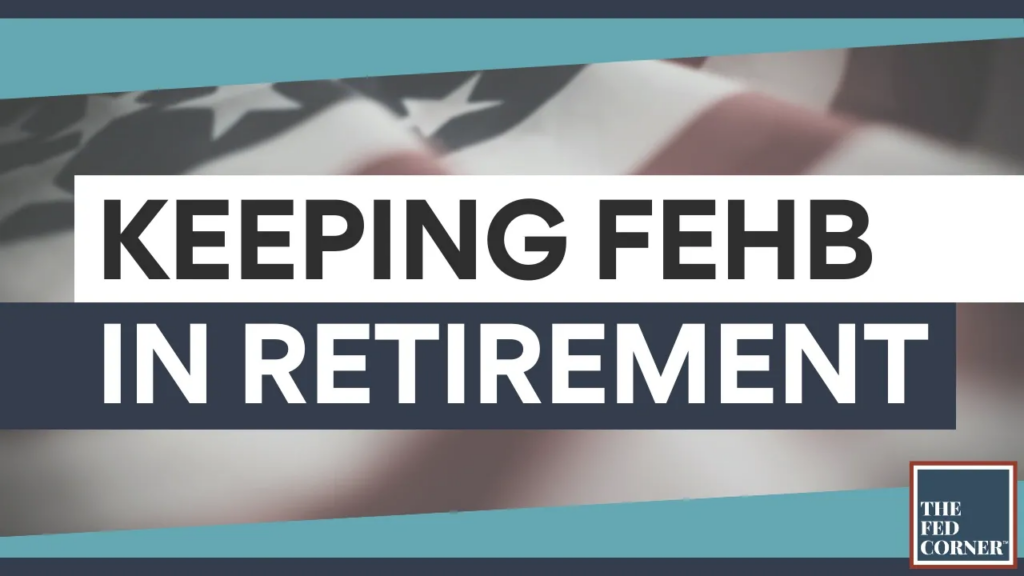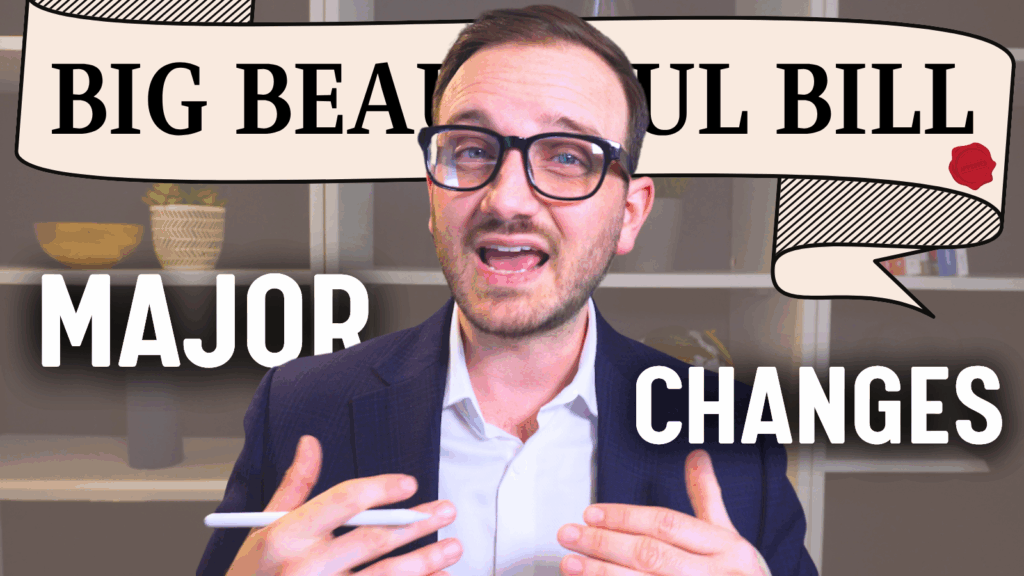Keeping FEHB in Retirement

FEHB is one of the better benefits offered by federal service, and federal employees should be careful to ensure they are eligible to maintain their FEHB coverage throughout retirement.
There are two primary factors in determining eligibility:
- you must be enrolled in FEHB for 5 years prior to your date of separation, including your last day
- you must be eligible to receive an immediate pension
The conditions for being eligible for an immediate pension are generally 62 years old with 5 years of creditable service, 60 years old with 20, Minimum Retirement Age (MRA) with 30+, or the special rule under MRA + 10 (postponed retirement rules, NOT deferred retirement).
Premiums in Retirement
It’s commonly known that FEHB premiums are deducted from your FERS pension, along with taxes, FEGLI, survivorship benefits, etc.
Less known is that the tax-advantaged premiums will be gone. When working, your FEHB premiums are pre-tax, and are taken from your paychecks prior to be taxed. When you’re retired, this changes.
It’s true that it comes from your retirement paycheck (FERS pension), but the amount you receive is first taxed as ordinary income, then FEHB premiums are removed from your benefit. We refer to this as a “below the line” expense, meaning the premiums do not reduce your taxable income like they did when you were working.
This essentially means that FEHB costs roughly 20-30%+ more in retirement, since you’ll owe ordinary income tax on top of the cost of the premium. The price is not greater, but the cost is.
Dual Fed Households
In circumstances when both members are federal employees, there are some nuanced decisions to be made, such as who is the primary insurance holder and who is the added spouse.
This typically depends on the age of either, as well as the work-status. Since the tax-preference occurs only when working, then the last person to retire should maintain the FEHB coverage, while covering their spouse.
You should take care not to have any gaps of coverage to avoid losing eligibility to continuation of FEHB in retirement.
If you’re planning your upcoming retirement and want to speak with one of our advisors, we’d be happy to talk. Send us a message through our website and we’ll reach out.



